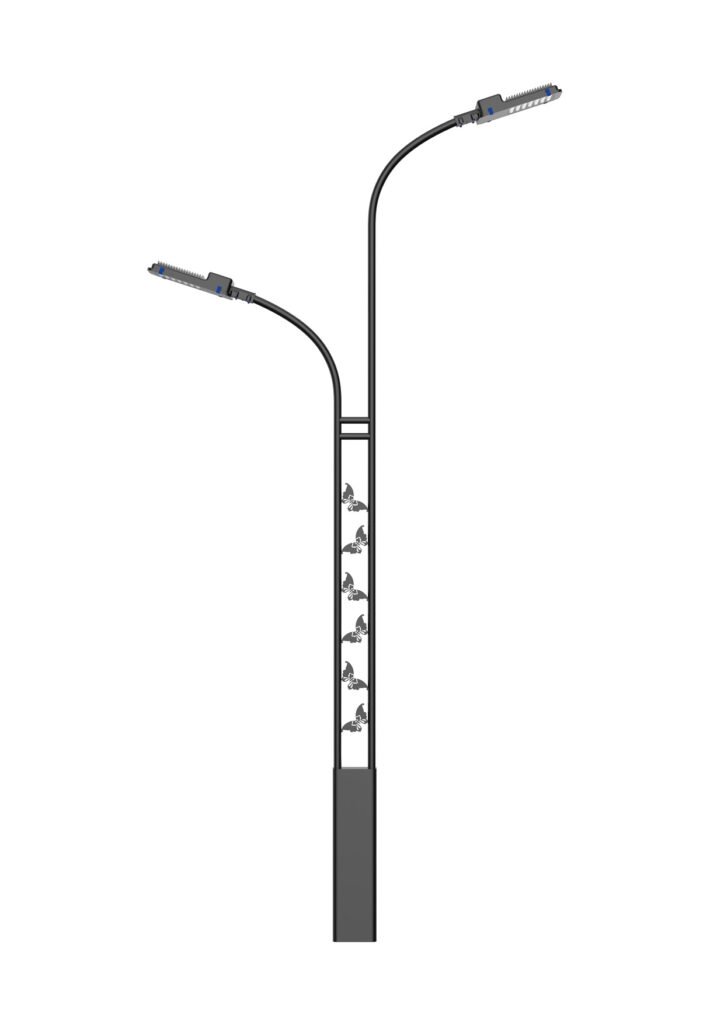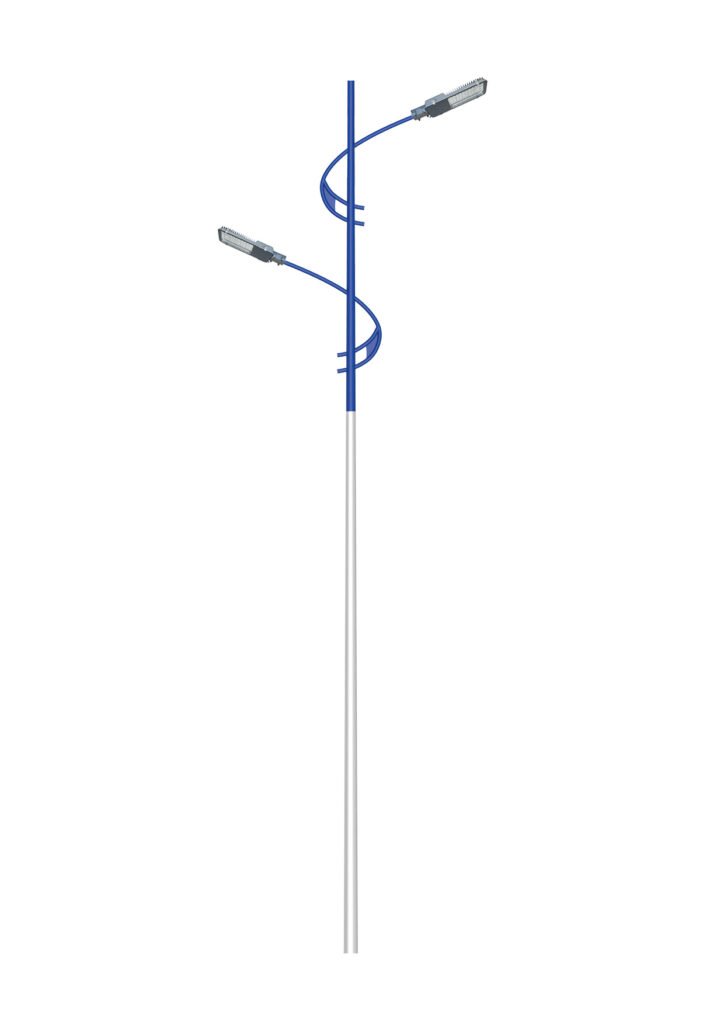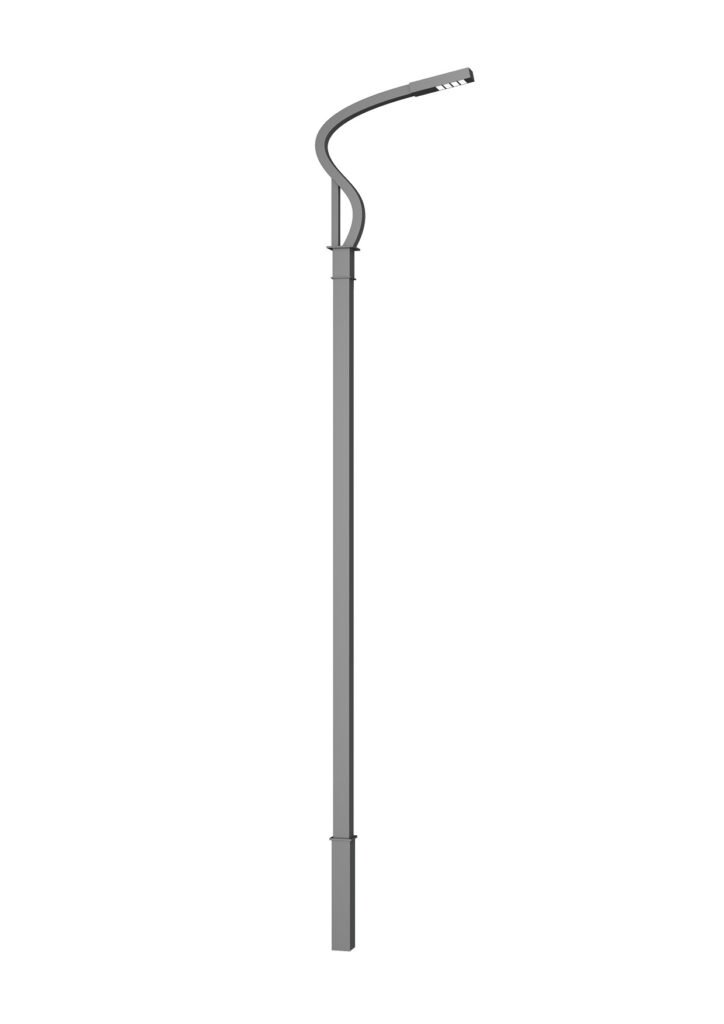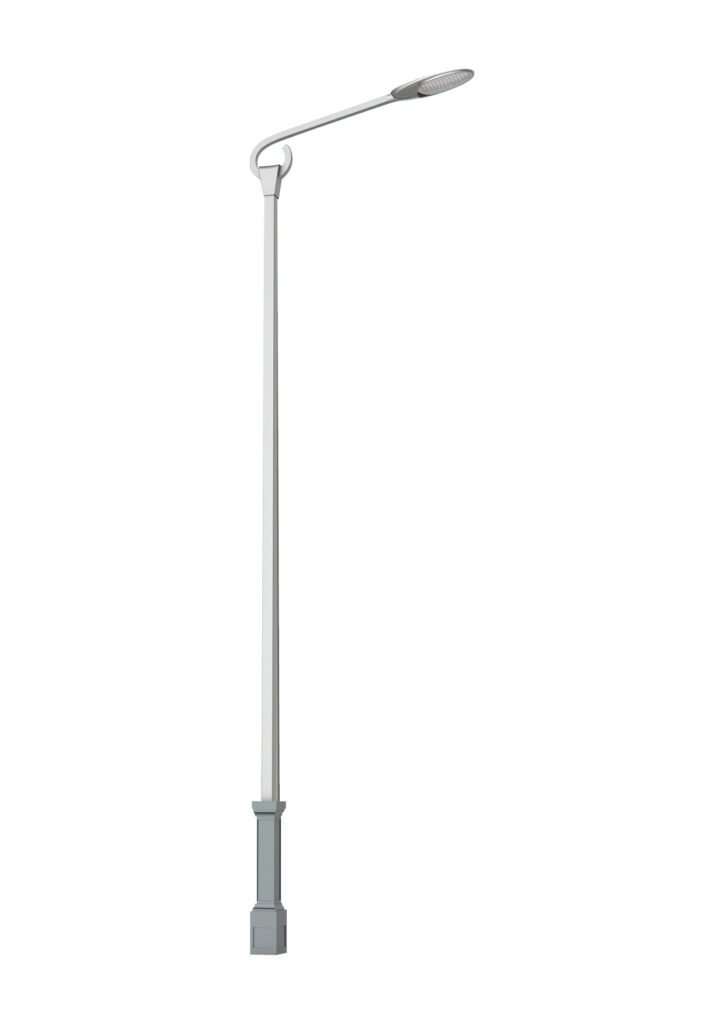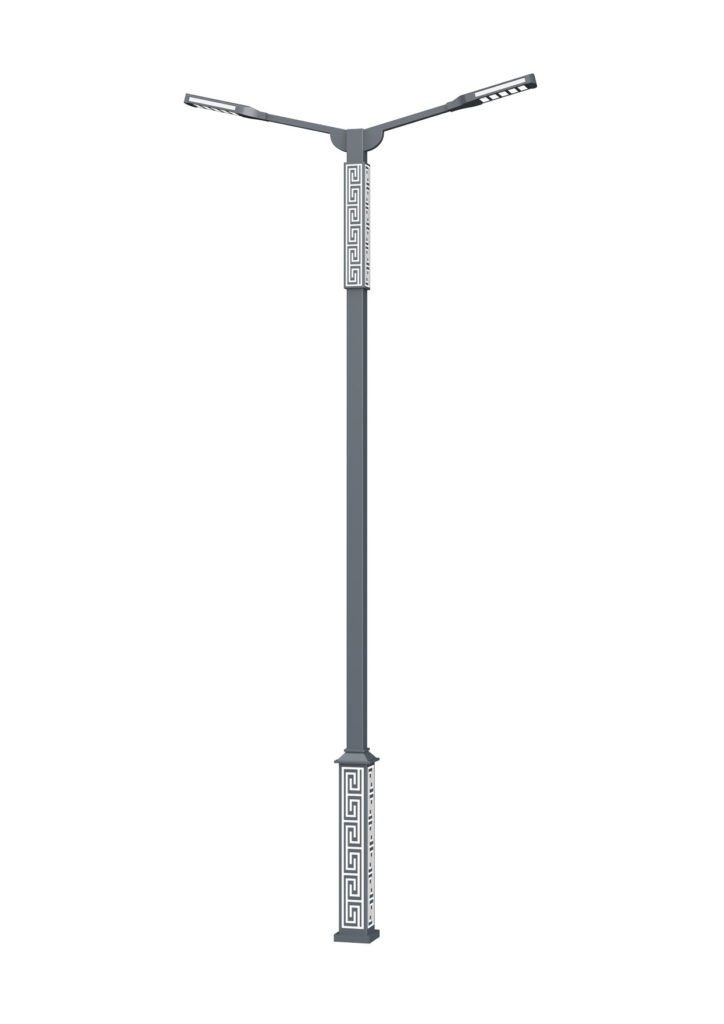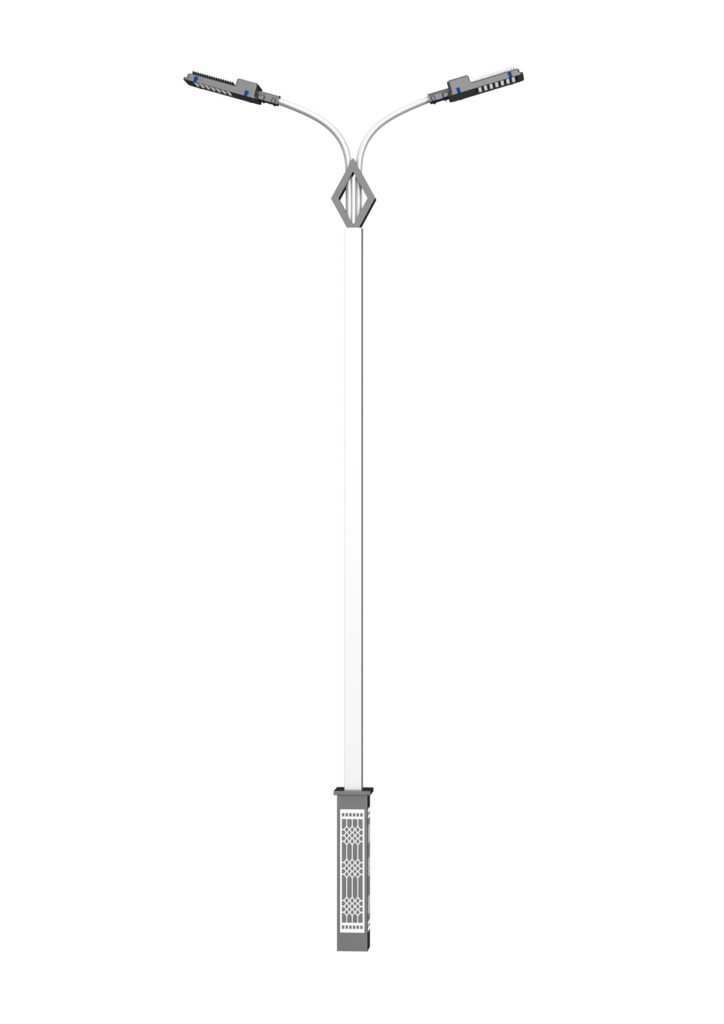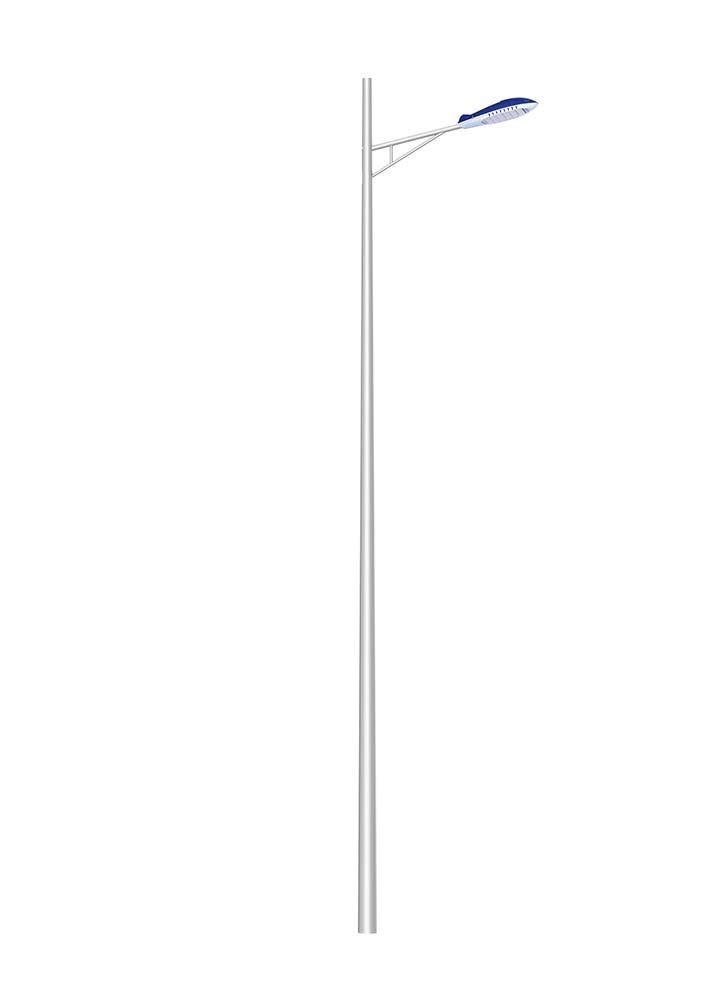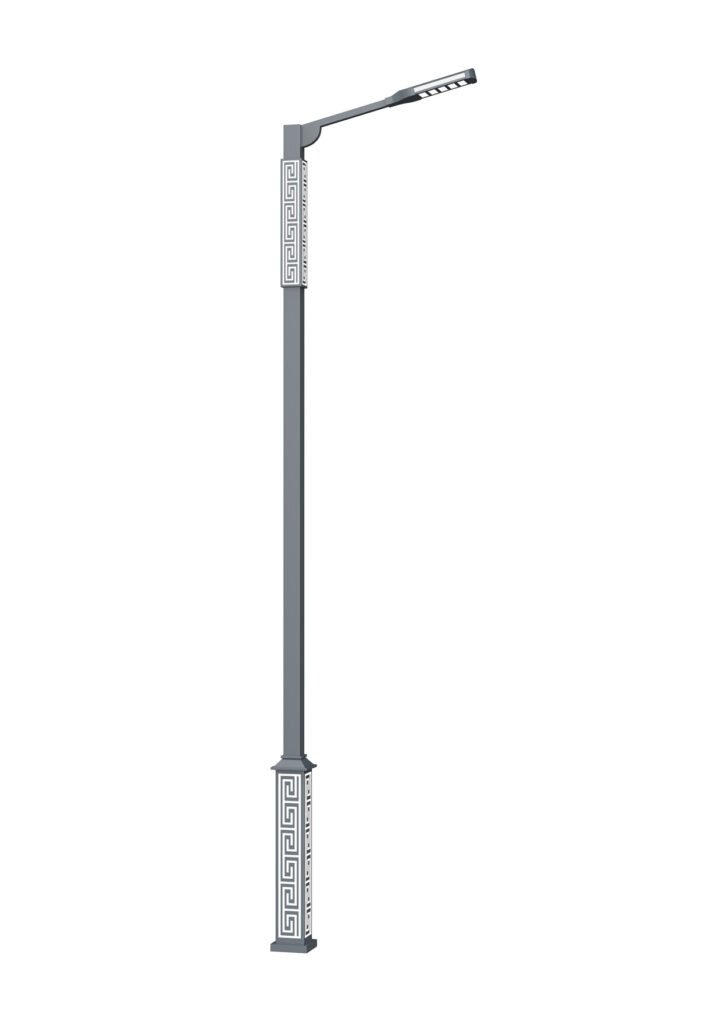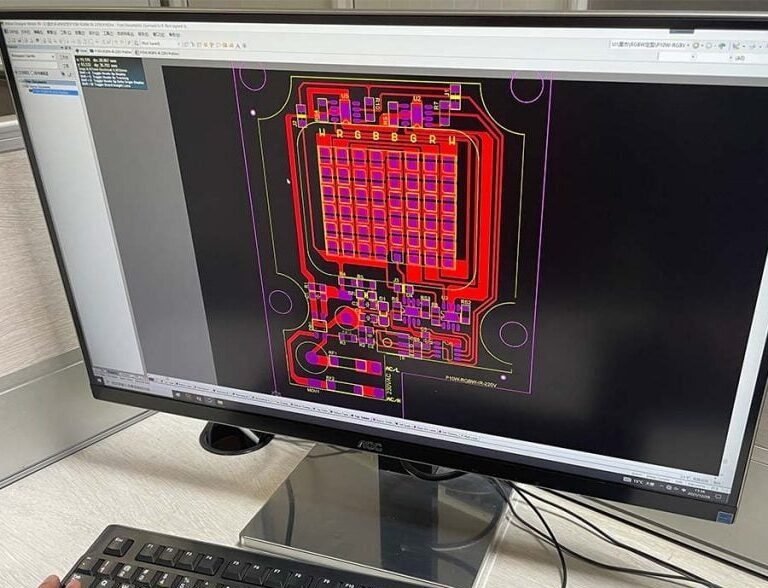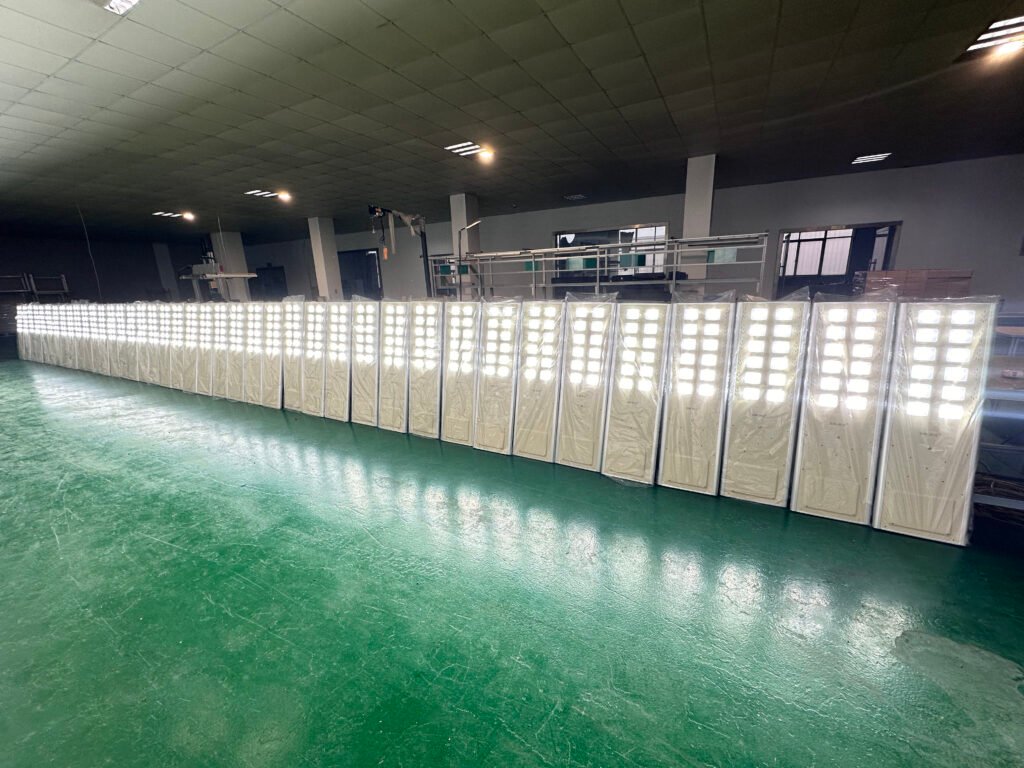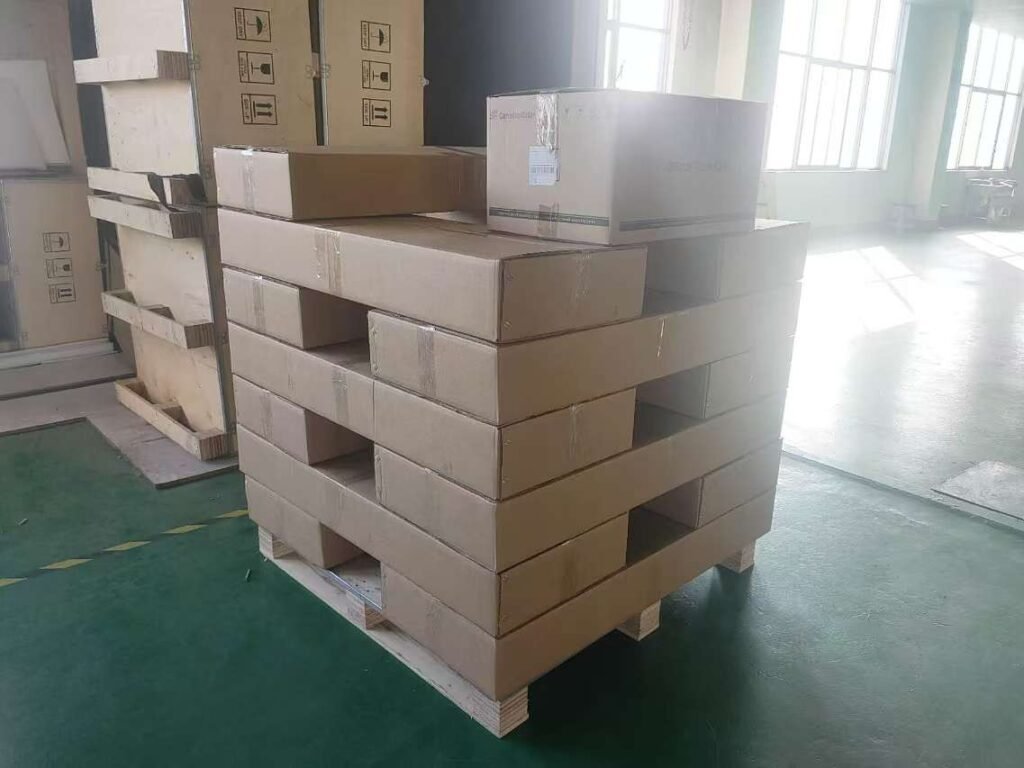Professional AC Street Light Manufacturer — High Quality, Direct from the Factory
Your Trusted Supplier of steet light
Founded in 2006, Sunlurio, has been a pioneer in the solar energy industry for over 18 years. Specializing exclusively in commercial solar lighting and off-grid solar power systems since 2006, Contact us today to request a free quote or more information.
As long as you need it, we can make it — in any material, shape, or color!
Solar Light Design
Customized solutions
Flexible Cooperation Models
Reliable After-Sales Support
Street Light(AC)
Energy-Efficient AC Street Lights That Provide Reliable Illumination, Lower Electricity Costs, and Enhance Safety for Your Streets and Neighborhoods
Features
- Energy-Efficient – Utilizes AC power for stable, long-lasting illumination with lower energy consumption.
- Durable Build – Designed to withstand harsh outdoor conditions, ensuring reliable performance.
- Adjustable Brightness – Offers customizable lighting levels to suit various street lighting needs.
Benefits
- Reduced Energy Costs – Provides efficient lighting with minimal electricity consumption, lowering operational costs.
- Long-Term Reliability – Built to last, offering years of consistent lighting without frequent maintenance.
- Environmentally Friendly – Low energy consumption and eco-friendly design help reduce carbon footprint.
Applications
- Street & Road Lighting – Commonly used to light highways, streets, and residential roads, ensuring safe travel.
- Public Areas – Ideal for parks, squares, and pedestrian walkways, enhancing security and visibility.
- Commercial Zones – Provides efficient lighting for parking lots, retail spaces, and industrial areas.
Let’s discuss the products you need.
How does an AC street light work?
An AC (alternating current) street light operates by receiving continuous electrical power directly from the main grid (typically 110V or 220V depending on the country). The system consists of several key components:
Lighting fixture: Usually high-efficiency LED or high-intensity discharge (HID) lamps, designed to deliver strong and uniform illumination.
Driver or ballast: Regulates and converts the incoming AC power to the specific voltage and current required by the light source, ensuring stable and efficient operation.
Control system: Equipped with photocells, timers, or smart controllers that automatically turn the light on at dusk and off at dawn. In advanced systems, remote monitoring and dimming functions can further optimize performance and save energy.
Pole and wiring: The pole houses the internal wiring and connects the luminaire safely to the grid.
Once connected, the control system continuously monitors ambient light conditions. When light levels drop below a certain threshold, the photocell activates the driver, which powers the lamp. During the day or when sufficient light is detected, the system automatically shuts off to reduce energy consumption.
AC street lights are widely used in urban roads, highways, and public areas because they provide reliable, continuous illumination with minimal maintenance, and can support advanced smart city features such as adaptive brightness, fault detection, and centralized management.
What is the energy consumption of AC lights?
The energy consumption of AC lights depends on the type and wattage of the light fixture.
For example:
A typical LED AC street light uses 30–150 watts per unit.
A high-pressure sodium (HPS) AC street light often consumes 100–400 watts.
In general, AC lights are directly powered by the grid (usually 110V or 220V), and their total energy consumption (in kWh) is calculated as:
Power (watts) × Operating hours ÷ 1,000
For instance, a 100W AC light running 12 hours per night uses 1.2 kWh per night.
In short, AC lights have stable but continuous energy consumption, which directly impacts electricity bills.

What are the installation requirements for AC lights?
Stable grid power connection — Requires access to a reliable AC power source (usually 110V or 220V, depending on the country).
Underground or overhead cabling — Needs proper wiring infrastructure to connect each light to the grid safely.
Circuit protection — Must include fuses, breakers, and surge protection to ensure electrical safety.
Proper pole foundation — Strong concrete foundation to support poles and prevent tilting or collapse.
Qualified electrical installation — Installation must be done by certified electricians to meet local electrical codes and ensure safe operation.
Control system setup — Integration of photocells, timers, or smart controllers for automatic on/off and energy management.

Main Application Scenarios and Adaptive Design

City main roads and highways — Provide high brightness and uniform illumination to improve traffic safety. Designs are tailored based on road width, number of lanes, traffic flow, and installation height (typically 8–12 meters).
Rural roads and village streets — Enhance nighttime visibility and improve residents’ sense of safety. Pole height is usually 6–8 meters, with light distribution and spacing designed according to road width and local lighting needs.
Parking lots and open areas — Offer large-area, shadow-free lighting to ensure pedestrian and vehicle safety. Pole heights generally range from 6–10 meters, focusing on coverage area, uniformity, and glare control.
Industrial parks, residential areas, and campuses — Deliver comfortable, energy-efficient lighting for different zones. Depending on the area type (main roads, secondary roads, plazas, etc.), pole heights are typically 6–10 meters, with customized optical design and control options.
Advantages and Disadvantages of Grid-Powered Street Lights vs. Solar Street Lights
Grid-Powered Street Lights
Advantages:
Stable power supply — Continuous lighting without dependence on weather or sunlight.
Higher power capacity — Can support high-wattage lights for wide roads or special applications.
Easier integration with existing city power systems — Suitable for urban areas with reliable grids.
Disadvantages:
High electricity costs — Long-term energy expenses can be significant.
Complex infrastructure — Requires underground cabling, transformers, and more maintenance.
Limited in remote areas — Difficult and costly to install where power grids are not available.
Solar Street Lights
Advantages:
Energy-saving and eco-friendly — Use renewable solar energy, reducing carbon footprint and electricity bills.
Independent operation — No need for grid connection, ideal for remote or off-grid locations.
Lower long-term costs — Minimal operating costs after installation, with reduced maintenance needs.
Disadvantages:
Weather dependent — Performance can be affected by continuous cloudy or rainy days.
Higher initial investment — Initial costs can be higher due to solar panels, batteries, and controllers.
Battery lifespan and replacement — Batteries require periodic replacement to maintain performance.
Compatibility with Smart Dimming and Remote Control
Smart dimming capabilities
The brightness can be dynamically adjusted based on time schedules, traffic flow, weather conditions, or ambient light levels. For example, lights can automatically dim during late-night hours with low traffic to save energy and reduce light pollution, while increasing brightness during peak hours or adverse weather to enhance safety.
Centralized remote control system
Through a centralized smart management platform, each light can be monitored and controlled in real time. Functions include on/off switching, brightness adjustment, scheduling, energy consumption tracking, and fault detection. This enables operators to manage the entire lighting network remotely without on-site intervention, significantly improving operational efficiency and reducing maintenance costs.
High compatibility and flexibility
Our lights can integrate with a wide range of intelligent modules, such as motion sensors, daylight sensors, environmental sensors, and various wireless communication technologies (e.g., Zigbee, LoRa, NB-IoT, 4G/5G). The system can be fully customized to meet the unique requirements of different projects.
By adopting intelligent controls, projects benefit from maximum energy savings, simplified maintenance, and a modern, high-tech image — making them an ideal choice for smart cities, modern industrial parks, and large-scale community lighting.

The ULTIMATE Guide to Sourcing Solar Lights in China
- Totally free and full of resources
- Save your ton of time to make a decision
- A must-have checklist for sourcing
- Written by a experienced engineer

